The ground could be starting to shift beneath Putin’s feet. But when corruption leads the likes of Ikea and Walmart to abandon Russian expansion, what can other companies do to beat the extortionists?
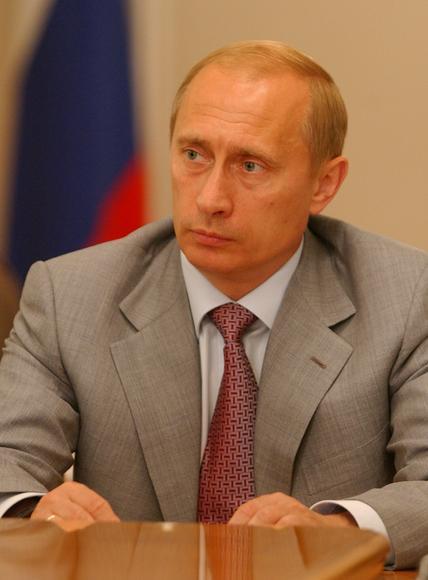
President Vladamir Putin greeted his landslide re-election on 4 March with the defiant cry of “Glory to Russia!” But an estimated 20,000 of his fellow citizens saw things differently, and marked the result with another mass protest in Moscow - watched over by riot police, who later swept in and arrested hundreds.
“This is a time of dramatic change,” says Robert Amsterdam, a Canadian attorney who has defended several high-profile clients in Russia.
Although Putin was officially returned to power with 64% of the vote, international election monitors say the result was buoyed by massive fraud.
“The regime’s lack of legitimacy, corruption and the weak rule of law are becoming a huge deal for many Russians,” Amsterdam says. “Even if protests die down for a while, this has become an existential crisis now for Russia. It’s just a matter of time before something cracks.”
An unpredictable place
“The mood has definitely shifted,” agrees Luke Harding, a former Moscow correspondent for UK newspaper the Guardian, and author of Mafia State: How one reporter became an enemy of the brutal new Russia. “Putin may be in power for another six-year term, but he’s in a very unpredictable place.”
According to Harding, Russian democracy has been systematically extinguished over the last 10 years.
“It’s very hard to see a mechanism for getting rid of Putin, and when the end comes it will probably be as a result of an inter-elite struggle, rather than a popular uprising. In the meantime, Russia has become a classic developing world kleptocracy. The people at the top are only interested in stealing: making a lot of money and offshoring it.”
Danger money
Russia is currently ranked 154 of 178 in Transparency International’s Corruption Perceptions Index - alongside the Republic of Congo and Tajikistan - and US diplomatic cables published by WikiLeaks in 2010 suggested that bribery in Russia was worth an estimated $300bn (€228.8bn) a year to crooked police, bureaucrats and members of the Federal Security Service.
Many multinational investors have already hit quicksand in Russia. In 2006, Royal Dutch Shell handed over control of its biggest Russian project, the $22bn Sakhalin-2 oil and gas development, to the state-run OAO Gazprom, amid threats by regulators to revoke the projects permits on environmental grounds.
In 2010, Nestlé was warned by officials that it was violating safety rules at its Russian plants in what was widely seen as an attempt to extort money or benefit local competition, while the world’s two biggest retailers, Walmart and Carrefour, have both now decided to abandon Russia and concentrate on China, India and Brazil.
But, while working in Russia certainly has its problems, it also offers rates of growth far higher than much of the western world. From 2003-11, Russia’s average quarterly GDP growth was 1.22% - with a historical high of 3.2% in December of 2006 - while poverty and unemployment has declined, and the affluent, new middle class has continued to grow, creating demand for new goods and services.
But corruption is not the only risk at play. It’s worth remembering that much of the Russian boom has come from the high price of oil and gas, and earnings from the fuel and energy sector make up nearly half of the government’s budget. While commodity prices are currently going only one way - up - some analysts, including the IMF, have raised concerns about the country’s over-reliance on natural assets.
“If you take into account some of the pledges Putin has made on defence, then balancing the budget depends on oil at $150 a barrel,” Harding says. “Coupled with a bloated public sector - who are a key political cadre for Putin - we could see a real issue with the state’s financial stability if the price dropped.”
How to do business in Russia
So, how can risk managers looking for opportunities negotiate the increasingly confusing situation? “It’s very complex,” Amsterdam says. “One key thing is to ensure that you are leveraging your position for the benefit of your Russian partners, simply because then it’s far less lucrative for them to work against you.
“The other thing is to maximize your online reputational presence. This is counter-intuitive for many western companies, who are used to keeping their heads down. But in Russia that just plays into the hands of extortionists.
“Also, stop using the same advisers as every other multinational; hire local people with real contacts. In the end, personal relationships are everything, because you can’t rely on institutions.”
Maplecroft associate director Mandy Kirby says: “The level of bureaucracy is very high in Russia, and because of this high level of interaction with officials, there is the potential for a high level of corruption. This problem can be mitigated to an extent by using a good local partner to help negotiate what can be a Byzantine process. It’s also worth remembering that there can be different regulations in different regions, and even professional staff in courts can be affected by corruption.
“On the legal front, we would strongly suggest including arbitration clauses and other safeguards in contracts. But, even here, one of the issues to be aware of is that cases are heard in the court closest to the action, so in the case of some resource-related issues, these can be very remote, and there can be some quite bizarre outcomes as a result.”
Resource nationalism is another issue to be aware of: “Mr Putin has talked about re-nationalisation and re-negotiating a lot of contracts signed in the 1990s,” Kirby says. “Some of this is undoubtedly rhetoric, but there remains an uncertainty.”
But it’s also worth remembering that one of the main risks, certainly in the short to medium term may come from outside Russia’s borders.
“For me, the main risk is economical,” one Russian risk manager said. “More than anything, the real problem is that our country has to find its way through the new global economical climate change.”
Ikea takes a stand against corruption
Even slick Swedish efficiency has been defeated by Russia’s endemic corruption, and last year Ikea announced that it was to halt its plans to expand beyond the Moscow region.
The decision came after officials refused permission for two outlets of the retail giant in the central cities of Samara and Ufa after Ikea declined to
pay bribes, according to the Russian non-governmental National Anti-Corruption Committee.
“We have zero tolerance on corruption and we have a very clear policy,” Ikea Russia’s managing director Per Wendschlag told reporters.
The company’s founder, Ingvar Kamprad, said that he had been ”over-optimistic” about Ikea’s ability to operate in Russia.
The company had already fired two employees in February 2010 for permitting a third party to pay a bribe in St Petersburg.






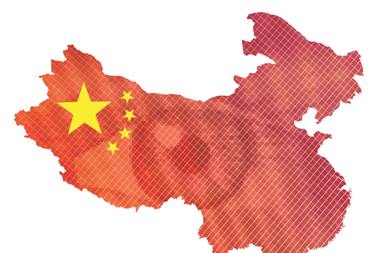

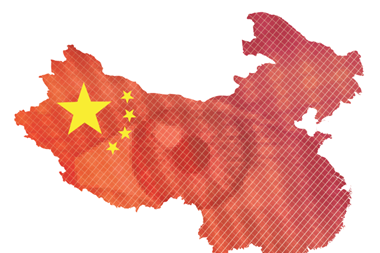
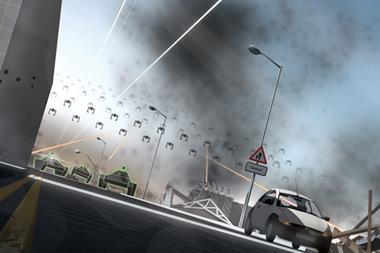
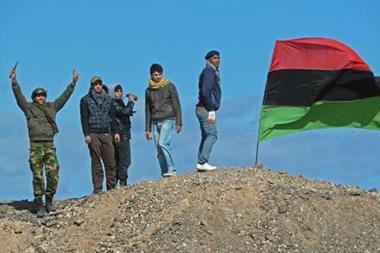









No comments yet